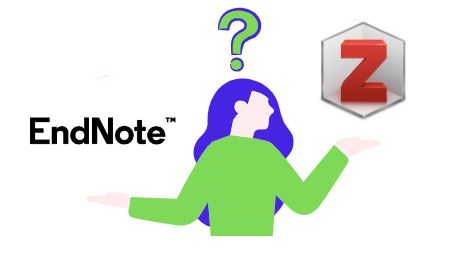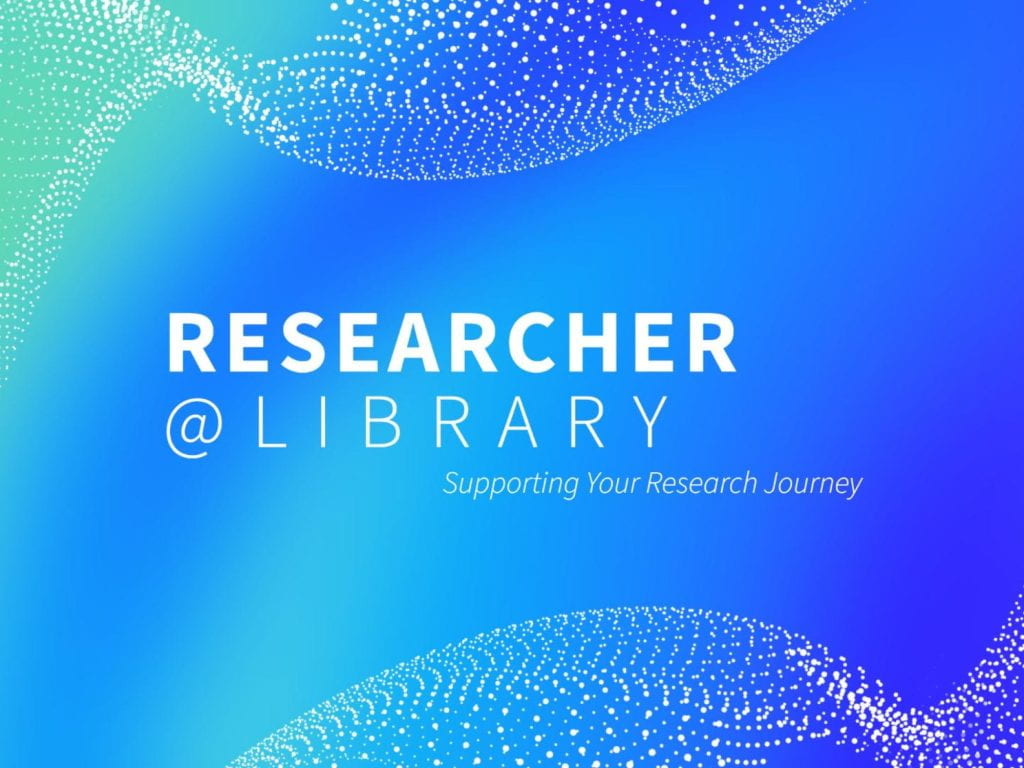
News and Upcoming Events for March 2024
This post provides an overview of what’s coming up at the University of Melbourne for researchers; and highlights updates from the research support community.
Digital Skills Meet Ups are back
Digital Skills Meet Ups (DSMUs) provide opportunities to meet, and chat with, other researchers and staff interested in digital skills, infrastructures, training, and related topics. Keep an eye on the Research Gateway for updates, with an AI meet up coming soon!
DSMU 1: Managing your research data
Research data isn’t just numbers: it includes documents, artworks, images, compositions, field notebooks, video recordings, survey responses, code, transcripts, and more. Every researcher needs to consider how they are going to organise their data over the life of their research projects.
The next DSMU on 13 March 2024 will include short presentations from the Digital Stewardship team and the Research Data Management Program team. There will be time for discussion, questions, and informal networking over light refreshments at the Baillieu Library. Register to attend via the RDU portal here.
Next month’s Researcher@Library webinars
Image description: Green and blue gradient Researcher@Library banner with byline “Supporting your research journey.”
Research Data Management Essentials
Learn how to plan, store, and publish your research data and digital assets. This webinar on 6 March 2024 will introduce you to data management planning, the storage options that are out there, how you can maximise the impact of your research by publishing your data, and preserve it for the future. Register to attend here.
Exploring Open Science
The what, why, and how of making your research more open. Not just for scientists, this webinar on 20 March 2024 will cover building openness into your research projects. Learn about openly licensed creative outputs, open data, preprints, and open notebooks. Register to attend here.
Reference Management training
Image description: A person with long hair balancing in one hand, the EndNote logo, and in the other, the Zotero logo.
Wondering how best to handle your references? Losing track of papers and books that you’ve cited? Register for training to learn how to use Zotero and EndNote to streamline your referencing. Both sessions will teach you how to download the software, add references to your library, and insert citations and a bibliography in Word using your preferred referencing style.
If you’re not sure which reference management software is right for you, check out the Re:cite guide here for a comparison of what the different software provide.
EndNote for Beginners
- Register here for the 19 March 2024 lunchtime session
- Register here for the 20 March 2024 evening session
Zotero for Beginners
Workshops and training beyond the Library
Academic Skills Workshops for Graduate Researchers
Starting in March are a series of workshops for graduate researchers to develop their writing, communication, and analytical skills. Check the RDU Portal here to see the full range of workshops offered in the first half of 2024.
The first workshop in the series is Early Tasks and Considerations for early-stage candidates on 20 March 2024. It will cover how you can establish your first year goals, develop and maintain habits to support your wellbeing, refine your research methodology, and develop an effective relationship with your supervisor. Register to attend here.
Making sure your research makes a difference

Image description: Headshot of A/Prof Jen Martin
The Researcher Development Unit is offering two workshops with research communications superstar A/Prof Jen Martin (@scidocmartin, #SciComm) for Melbourne graduate researchers.
The first one is coming up in March focusing on how to showcase the impact of your research when presenting about your research and improve your public speaking skills. Register for the workshop on 12 March 2024 here.
LabArchives: An Introduction to Electronic Laboratory Notebooks
Looking for somewhere to record, manage and store your research data and notes? The University provides access to LabArchives, an electronic and cloud-based version of your traditional notepad and pen for researchers in any discipline. Register for an introduction to LabArchives on 7 March 2024 here.
Bioinformatics training sessions
Melbourne Bioinformatics are offering a series of in person training sessions this March, open to all researchers at the University of Melbourne and affiliated institutes (not only those in bioinformatics!).
- Genome Annotation in Galaxy: introduces the concepts of structural annotation and functional annotation of a newly-assembled eukaryote genome. Make sure you check the pre-requisites for attending before registering via the RDU portal here.
- Intro to R for Biologists: Aimed at beginners, learn how to load, manipulate and visualise RNA-seq data. Register via the RDU portal here.
- Intro to UNIX: Knowledge of UNIX is fundamental to many popular bioinformatics command-line tools, with this training session for beginners to command line. Register via the RDU portal here.
New websites and guides
Digital Research Academic Convenorship
The Digital Research Academic Convenorship (DRAC) fosters programs, infrastructure and initiatives to empower digital research at the University. They have a new page showcasing their work, with DRAC’s current priorities:
- Research Software Engineering: improving job security and creating a community for the University’s research software engineers.
- Digital Research Capability: raise awareness of the digital infrastructure and services available to researchers, regardless of faculty or discipline.
Find out more and view the updated website here.
Figshare user guides
The University’s Digital Stewardship team has released a new series of Figshare user guides to help you with using Melbourne Figshare, the University’s repository for research data, supplementary research materials and non-traditional research outputs. Think presentations, videos, reports, data, code, software and more.
The guides will help you with publishing on Figshare, updating already published items, collaborating through projects, selecting the right licence, and curating a collection. Check out the guides here.
Open Access Theses
The Open Scholarship website has an updated page on open access theses, aimed at Melbourne’s graduate researchers and their supervisors. Find out about the benefits of making your thesis open access, how open access at Melbourne works, FAQs about OA theses, and where you can get support. Visit the Open Access Theses page here.
Featured image credit: Tulips, Coffee, Paper by AVAKAphoto on Pixabay.
Categories

Leave a Reply